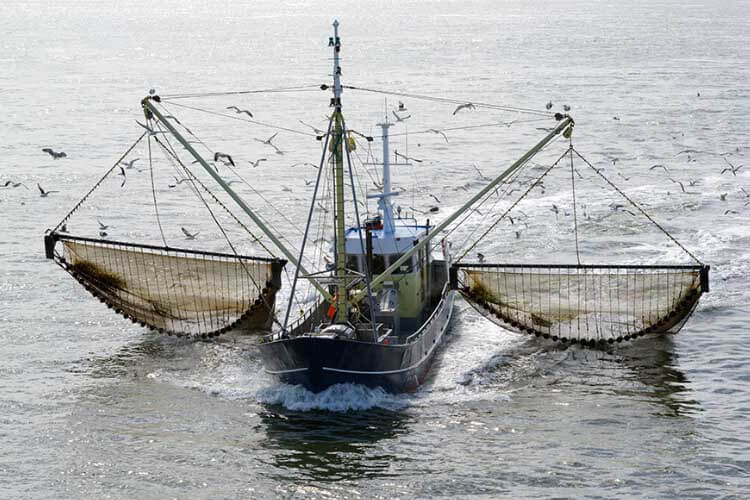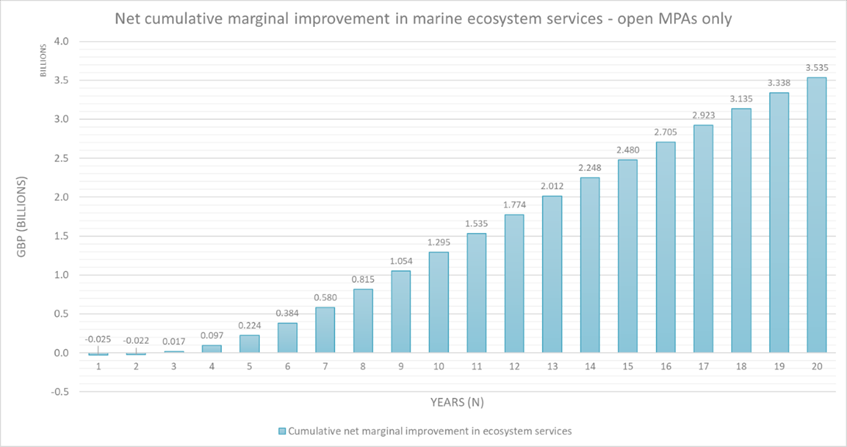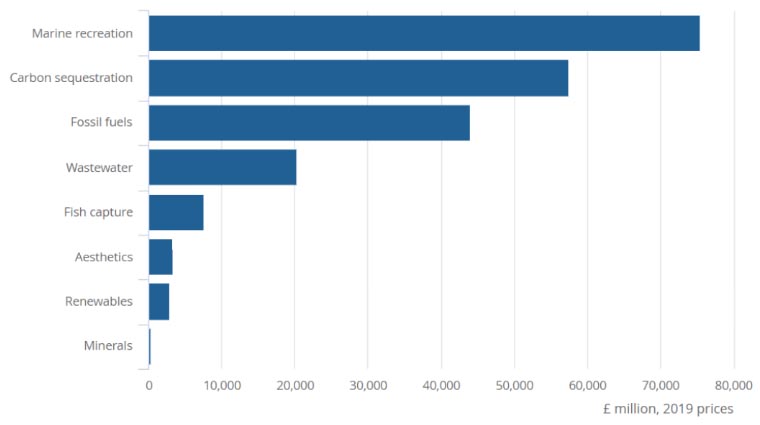
New analysis shows a bottom trawling ban in UK’s offshore protected areas could be worth more than three billion pounds to the UK economy
By DIVE Staff
The Marine Conservation Society has published a study in which it calculated the cost-benefit of banning bottom-contact fishing from the UK’s offshore Marine Protected Areas (MPAs).
When taking into consideration the value of the services that MPAs could potentially provide society, including carbon storage, removal of pollutants, nutrient cycling and recreational opportunities, the charity found that – if protected from all damaging activities – the net financial benefit could amount to between £2.57 billion and £3.5 billion over a 20-year period.
The calculation was based around a yearly cost required to protect 10 per cent of the world’s oceans of €4.86 per hectare, a figure adopted from a separate analysis of the United Nation’s 2012 Catalysing Ocean Finance report.
Related articles
- Huge decrease in Dogger Bank bottom trawling after UK ban
- UK Government announces three new HPMAs
- The biggest marine protected areas in the world
- MCS report finds sewage litter across UK beaches
The analysis found that initially, costs would outweigh the economic gains of banning bottom-contact fishing gear, attributable to the loss of earnings by fishers and the setting up and enforcement of the ban.
The study found, however, that the costs are surpassed within 2-4 years of a bottom-fishing ban being implemented, and then comprehensively outweighed by gains which might be achieved over the mid- to long-term.
MCS says that the cumulative impact of a bottom-trawling ban would become positive after 3 – 6 years of ecosystem recovery, and would continue to rise over a 20-year period.

The net marginal improvement in ecosystem services following a bottom-contact fishing ban in the UK offshore seabed MPA network, considering only the costs of closing areas of the network that are currently open to bottom-towed gear. Values are shown in £ billions.
Richard Hill, MPA Policy Officer at the Marine Conservation Society, said: ‘a rich seabed that is rich in wildlife is vital for absorbing and storing carbon, buffering the effects of climate change, and supporting biodiversity.
‘Continuing to allow abrasive, heavy fishing gear, like bottom trawls and dredges, in our MPAs makes them obsolete. It prevents the recovery of ecosystems already lost to decades of exploitation and limits the seabed’s ability to store carbon and combat the effects of the climate crisis.’
In 2021, the Marine Conservation Society reported that bottom-contact fishing is taking place in 98 per cent of the UK’s offshore MPAs. The charity said that ‘allowing destructive activity within MPAs undermines the purpose for which they were created and reduces their benefit to society.’

The UK Government has committed to banning bottom-contact fishing in all offshore seabed MPAs by the end of 2024, however, MCS says that bottom trawling is currently permitted in 31 of the 36 sites, with 9 currently being consulted on.
Socioeconomic analysis and natural capital valuations in management decisions of the UK’s MPA network.
James Merchant, Marine Natural Capital Analyst at the Marine Conservation Society, said: ‘Our research shows that Marine Protected Areas are not only important for marine life and carbon storage, but the seabed offers us huge economic value and investment opportunities – many of which are currently untapped. This has huge potential to mobilise the blue economy, but we must see these areas genuinely protected.
‘By trawling in protected areas and polluting our waters we are robbing ourselves of the benefits a healthy ocean and decreasing the value of our marine environment. On the flip side, we stand to gain massively if we allow these ecosystems to recover. The UK Government must be ambitious with its ocean protection targets.’
The UK Government has committed to protecting 30% of our seas by 2030 as part of the landmark Kunming-Montreal Global Biodiversity Framework agreed at the UN Biodiversity conference (COP15) in December 2022. Targets such as this not only wield international significance in terms of ocean protection but can also offer individual nations economic benefits. The charity is raising awareness of the economic opportunities of protecting the seabed and maximise potential natural capital.


